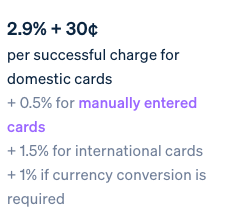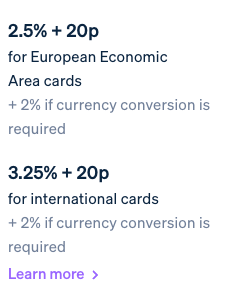Monaco:Can you please share legislation where it defines PE?
https://legimonaco.mc/tnc/ordonnance/1964/03-19-3.152/
Italy:
https://taxsummaries.pwc.com/italy/corporate/corporate-residence(sorry not a reference to law, but Ill trust it is correct info on PWC website)
EDIT:
Monaco applies a profits tax, which was introduced in 1964 in accordance with the tax treaty with France. The tax is limited in scope in that it applies only to (a) companies conducting commercial or industrial activities to the extent at least 25% of their turnover is derived from outside Monaco, as well as to (b) companies whose activity consists of the receipt of intellectual property income.
The concept of permanent establishment itself is not defined under domestic law, which uses a limited territoriality principle. A non-resident company is deemed to have a taxable presence in Monaco if it has a business establishment in Monaco, meaning either:
- A complete commercial cycle (such as the purchase and resale of goods); or
- The conduct of business through a dependent agent, if such agent either has and habitually exercises the authority to conclude contracts on behalf of the foreign principal or maintains a stock of goods for delivery on behalf of the non-resident in Monaco.
Note that establishing a branch requires prior approval from the Monegasque authorities. Ordinarily, the activities of a branch would be considered commercial in nature.
PE RISK by activity:
| ACTIVITY | POTENTIAL PE RISK | ||
| High | Moderate | Remote | |
| Market Research (through fixed place of business) | X | ||
| Solicitation (through fixed place of business) | X | ||
| Procurement (through fixed place of business) | X | ||
| Provision of Services (differ depending on the services rendered) | X | ||
| Secondment of Personnel | X | ||
| Commissionaire and Similar | X | ||
| Post-restructuring low-Risk Activity | X | ||
| Ownership, Rental/Operation of Real Estate | X |
Last edited:




